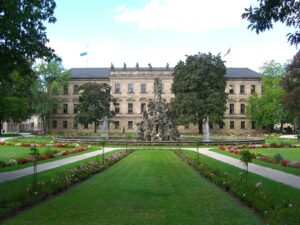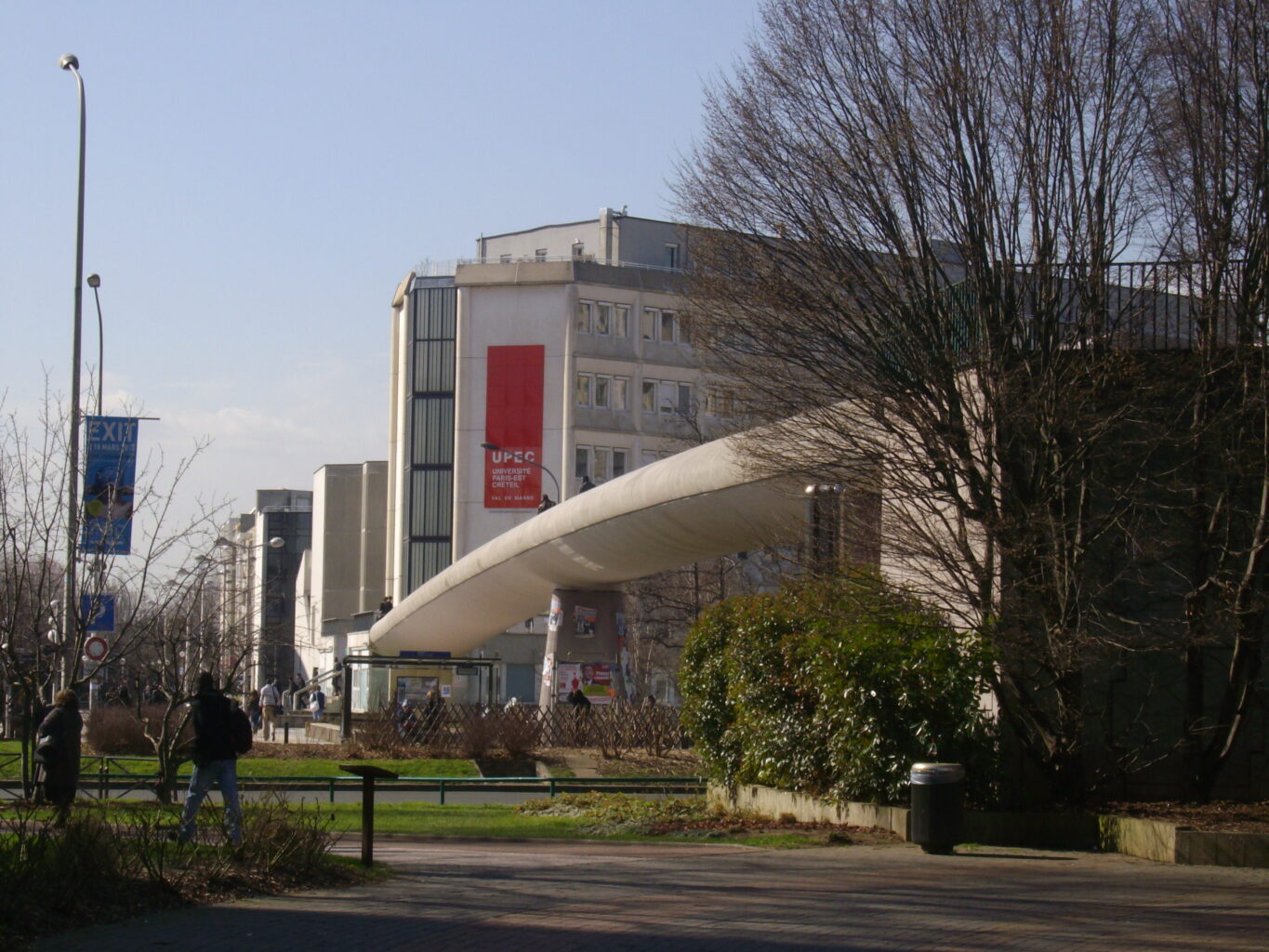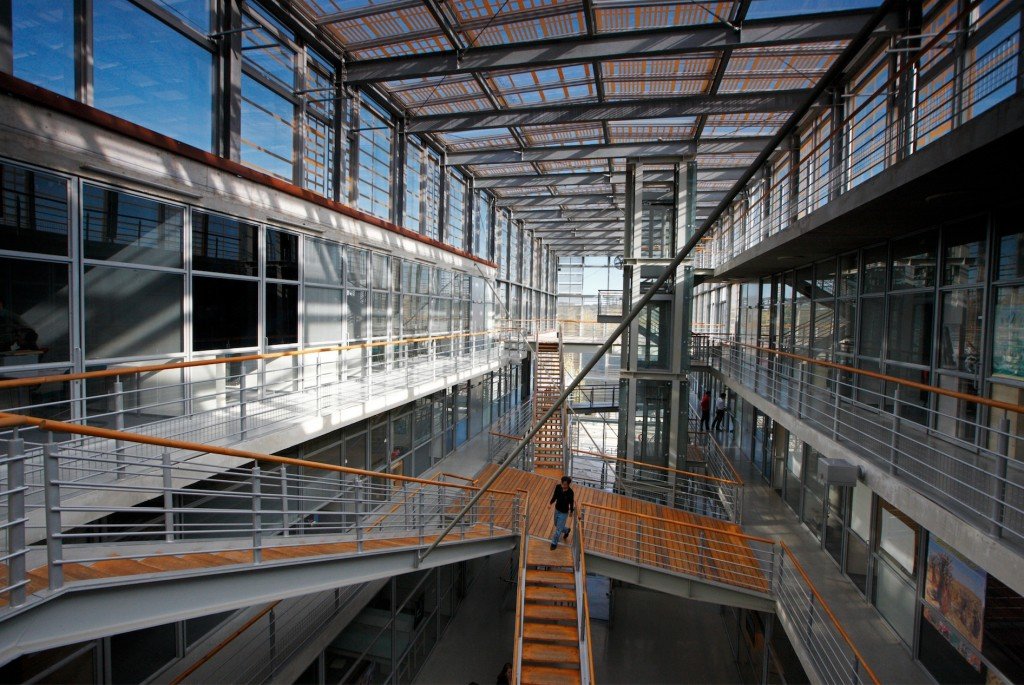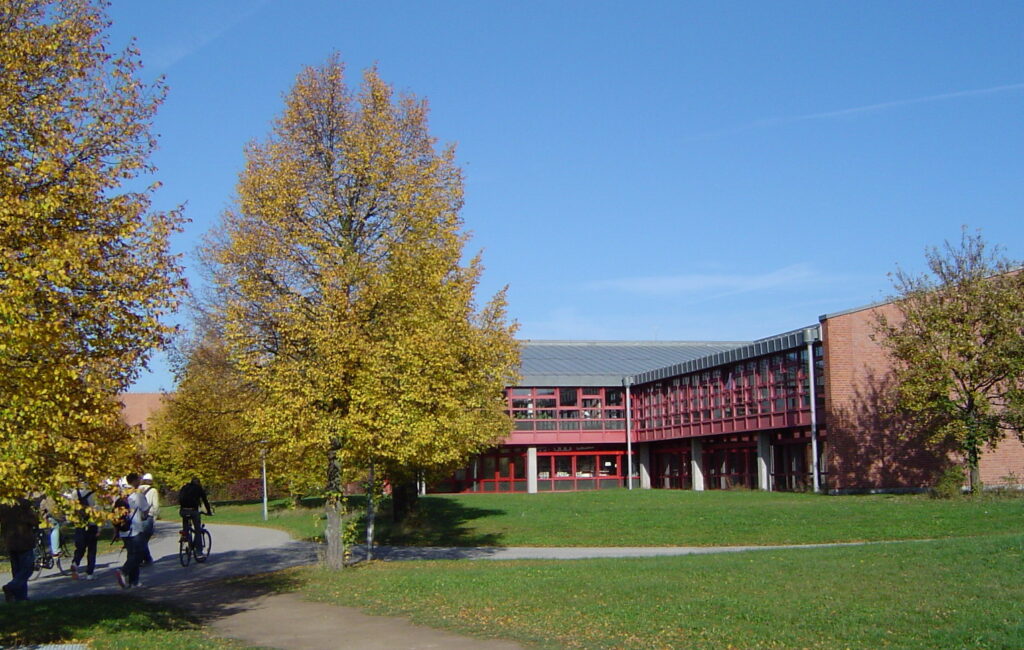Friedrich-Alexander-Universität Erlangen-Nürnberg
With around 40,000 students and over 300 courses in five faculties, Friedrich-Alexander-Universität Erlangen-Nürnberg is one of the 15 largest universities in Germany. It is organised in five faculties and covers a broad spectrum of curricula and research topics.

Université Paris‐Est Créteil Val de Marne (UPEC)
Created on January 1, 2007, the Institut de Chimie et des Matériaux Paris‐Est (ICMPE) is a joint research unit (UMR 7182) of the CNRS and the UPEC. Our laboratory is developing original and innovative research in the fields of chemistry and materials science, as well as at interfaces with physics, engineering and biology, in order to respond to major societal challenges in the cross-cutting themes of energy, transport, environment, sustainable development and health. The Unit’s areas of expertise cover both fundamental and applied research, with an articulation around three major cross-cutting themes:
- Materials for structures and energy.
- Molecules, materials and processes for the environment and sustainable development.
- Chemistry for health at the interface with the living.

Université Gustave Eiffel (UGE)
Gustave Eiffel University is a public university located throughout Metropolitan France with its namesake being one of the most famous French engineers. Gustave Eiffel University is known for its civil engineering and urban planning research.
The Multiscale Modeling and Simulation Laboratory (MSME UMR 8208) has been associated with the CNRS Engineering (main institute) and CNRS Chemistry. Specializing in modeling and simulation across scales – from the electron scale to engineering structure scale – the MSME laboratory is structured into four research teams, each focusing on a specific domain:
- Theoretical chemistry: Electronic structure of molecules and clusters – Bound states and spectroscopy – Time dependent phenomena, quantum dynamics, molecular dynamics;
- Mechanics: Multiscale-multiphysics modeling and simulation in mechanics of materials – Modeling, simulation and uncertainty quantification in computational mechanics, dynamics and coupled systems;
- Heat and mass transfer: Modeling and simulation of heat and mass transfers in microsystems and turbulent multiphase flows;
- Mechanical transduction and mechanics of adaptation, remodeling and growth of live tissues – Characterization of living tissues;

Universität Bayreuth
Founded in 1975, the University of Bayreuth is one of Germany’s leading research institutions, recognized for its interdisciplinary approach, pioneering research, and strong global partnerships. While the university is often known for its Law, Business, and Economics studies, Natural and Engineering Sciences play a crucial role in its academic and research excellence.
The Department of Polymer Engineering, led by Professor Dr.-Ing. Holger Ruckdäschel, specializes in both thermoplastic and thermoset materials. Research in thermoplastics focuses on circular and functional polymer materials, as well as polymer foams. For thermoset materials, the department is dedicated to resin development across various systems, composite manufacturing, and advanced mechanical testing for the neat resin systems as well as for the composites.
With a commitment to sustainability and innovation, the University of Bayreuth continues to drive advancements in polymer science, shaping the future of materials engineering.

